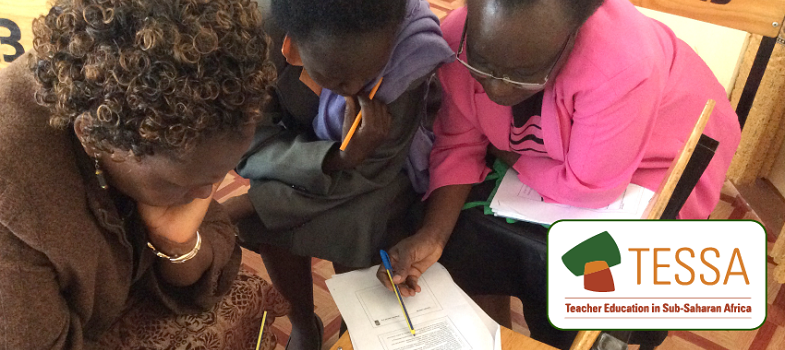Appendix 1: The Effective Secondary Science Teacher
- Knowledge & Understanding
- An effective teacher will have knowledge of:
- a.SCIENCE – content; concepts children find difficult; the curriculum
- b.PEDAGOGY – strategies to support learning in science
- c.LEARNING – how children learn, and how to take account of this
- d.ASSESSMENT – how to find out what children understand / have learned
- e.THE CHILD – social; cultural; personal (interests, home)
- f.MOTIVATION – how children are motivated or de-motivated
- Attitudes; Values; Attributes
- An effective teacher will have the following attributes:
- a.PROFESSIONAL – be a good role model
- b.SELF-MOTIVATED – wanting to learn; seeks improvement
- c.RESPECTFUL – of children, parents, colleagues
- d.INQUIRER – takes risks; try things out; experiments
- e.RESOURCEFUL – problem solver; creative; positive thinker; risk taker
- Practices
- An effective teacher will do the following things:
- a.PREPARATION - planning & preparation will be careful and thorough
- b.BE INCLUSIVE - consider and involve all learners
- c.BE ENGAGING - engage learners and engage WITH learners
- d.PROVIDE VARIETY - use a variety of teaching approaches, strategies and resources
- e.ASSESS PROGRESS – using a variety of techniques
- Skills
- An effective teacher will have the following skills:
- a.COMMUNICATION – listening; explaining; questioning
- b.MANAGEMENT – of learning, resources, learners, time, self
- c.SCIENCE SKILLS – practical skills of science
- d.MOTIVATIONAL - how to inspire, excite and promote interest in science
Conclusion



